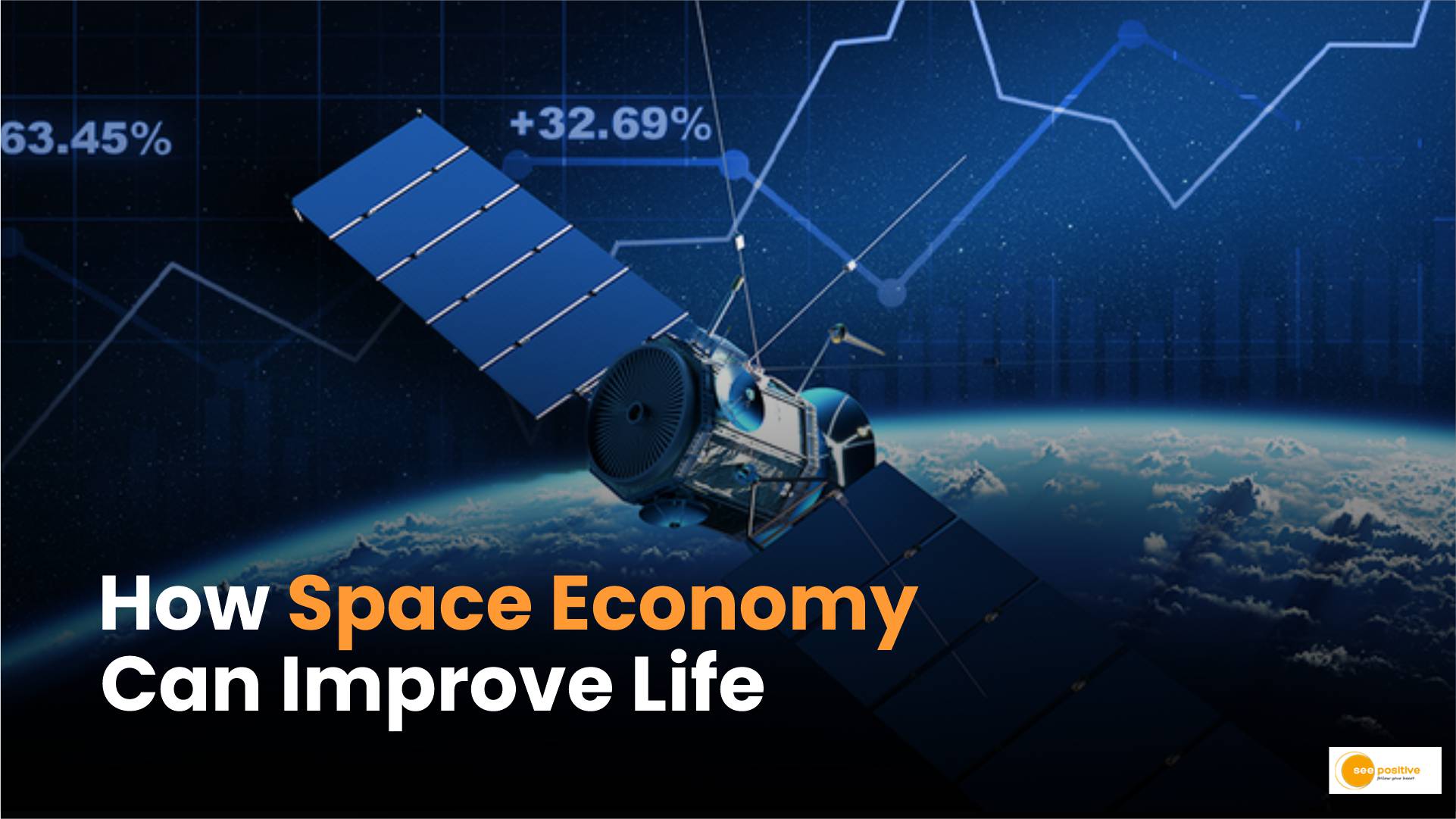The space economy is the term used to describe the activities and services related to the exploration and use of outer space. It includes sectors such as satellite communications, navigation, earth observation, space tourism, asteroid mining, and more. The space economy is estimated to be worth over $400 billion and is expected to grow rapidly in the coming years.
But how does the space economy benefit human life on Earth? Here are five ways that the space economy can improve our quality of life, environment, and society.
- Enhancing connectivity and access to information. The space economy enables us to communicate with anyone, anywhere, at any time, through satellite networks. This improves our access to information, education, health care, entertainment, and social media.
It also reduces the digital divide between urban and rural areas, and between developed and developing countries. For example, the Starlink project by SpaceX aims to provide high-speed internet access to remote and underserved regions of the world using thousands of low-orbit satellites.
2. Improving disaster management and resilience. The space economy helps us to monitor and respond to natural disasters, such as earthquakes, floods, wildfires, hurricanes, and volcanic eruptions. It also helps us mitigate climate change’s effects, such as sea level rise, droughts, and deforestation.
By using satellite imagery, data, and analytics, we can better understand the causes and consequences of these events, and plan for effective prevention, preparedness, and recovery. For example, the Copernicus program by the European Union provides timely and accurate information on the state of the environment and security.
3. Advancing scientific knowledge and innovation. The space economy stimulates scientific research and technological innovation in various fields, such as astronomy, physics, biology, medicine, engineering, and robotics. It also fosters international collaboration and cooperation among scientists, engineers, and entrepreneurs.
By exploring the mysteries of the universe, we can discover new phenomena, test new theories, and develop new solutions. For example, the International Space Station (ISS) is a unique platform for conducting experiments in microgravity, which can have applications in health, biotechnology, materials, and energy.
4. Inspiring education and culture. The space economy inspires us to learn more about our planet, our solar system, and our galaxy. It also inspires us to dream big and pursue our passions and ambitions.
It cultivates a sense of wonder, curiosity, and creativity among children and adults alike. It also enriches our culture and heritage, by celebrating the achievements and diversity of humanity in space. For example, the Artemis program by NASA aims to land the first woman and the next man on the moon by 2024 and to establish a sustainable presence there.
5. Creating jobs and economic growth. The space economy creates new opportunities and markets for businesses and consumers. It also creates new jobs and skills for workers and professionals. It generates income and revenue for governments and private sectors. It also attracts investments and partnerships from public and private sources.
It drives economic growth and development, both in space and on Earth. For example, the NewSpace industry is a term used to describe the emerging and innovative private companies involved in the space economy, such as SpaceX, Blue Origin, Virgin Galactic, and others.
Positive Takeaway The space economy can improve human life on Earth in many ways. It can enhance our connectivity and access to information, improve our disaster management and resilience, advance our scientific knowledge and innovation, inspire our education and culture, and create jobs and economic growth. The space economy is not only about reaching for the stars but also about making life better on Earth


